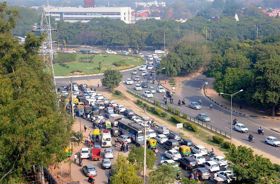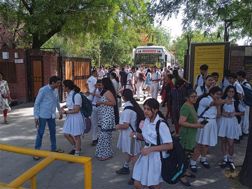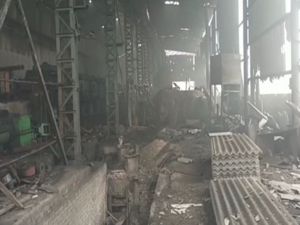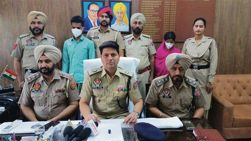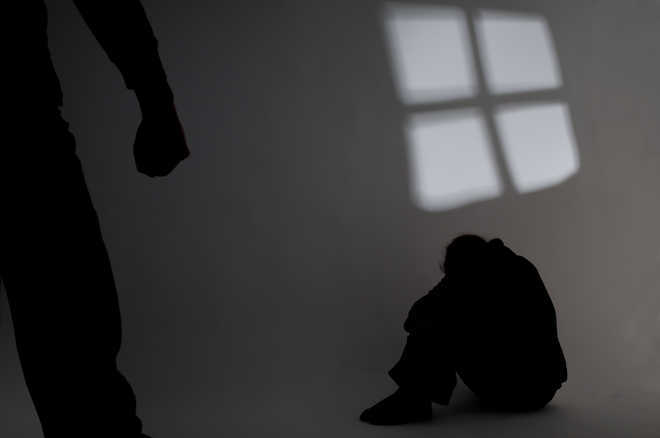
The Centre has consistently taken a stand against criminalising marital rape. — Representational photo
Satya Prakash
Tribune News Service
New Delhi, August 29
The NDA government has opposed criminalising marital rape, saying it may destabilise the institution of marriage.
In an affidavit filed before the Delhi High Court in response to a petition filed by RIT Foundation seeking to criminalise marital rape, it cited the example of the misuse of anti-dowry provision -- Section 498A of the IPC.
(Follow The Tribune on Facebook; and Twitter @thetribunechd)
“It has to be ensured adequately that marital rape does not become a phenomenon which may destabalise the institution of marriage apart from being an easy tool for harassing husbands. The Supreme Court and various high courts have already observed the rising misuse of Section 498A of IPC,” read the Centre’s affidavit.
The affidavit cited the reports of Law Commission and Parliamentary Standing Committee which did not favour criminalising marital rape.
The Centre has consistently taken a stand against criminalising marital rape. On August 9, it had sought to defend a provision of criminal law, according to which sexual intercourse by a man with his wife aged 15 years or above was not rape even if it was without her consent.
Section 375 of IPC defines rape as sexual intercourse without consent and against the will of a woman. An amendment to rape law in 2013 said any kind of penetration of a male organ or any object into any body part of a woman would be treated as rape.
But according to Exception 2 to the Section 375 IPC, sexual intercourse by a man with his wife, who is 15 or above, is not rape even if it is without her consent.
Women’s rights activists want this exception to be done away with and marital rape to be made a criminal offence on the ground that it forces women to suffer the worst form of sexual violence silently within their matrimonial homes.
However, the Centre said, “Merely deleting Exception 2 will in no way serve any useful purpose as a man is said to commit ‘rape’ as defined under Section 375 of IPC cannot be the same in the case of marital rape.
“If all sexual acts by a man with his wife will qualify to be marital rape, then the judgment as to whether it is a marital rape or not will squarely rest with the wife. The question is what evidence courts will rely upon in such circumstances as there can be no lasting evidence in case of sexual acts between a man and his own wife,” the Centre said.
Any legal prohibition on marital rape had to be accompanied by change in attitude of prosecutors, police officers and members of the society in general, it added.
“The fact that other countries, mostly western, have criminalised marital rape does not necessarily mean India should also follow them blindly. This country has its own unique problems due to various factors like literacy, lack of financial empowerment of the majority of females, mindset of the society, vast diversity, poverty etc. and these should be considered carefully before criminalising marital rape,” the Centre submitted.
It requested the court to hear various state governments before deciding the matter as criminal law fell in the Concurrent List of the Seventh Schedule of the Constitution and implementation of criminal law was with states. “There is a vast diversity in cultures of these states,” it added.
The Centre has claimed it cannot criminalise marital rape because India has its own unique problems due to illiteracy, lack of financial empowerment of females, mindset of society, vast diversity in the cultures of states which implement criminal law, and poverty, etc.
Lastly, the Centre has also claimed that it is necessary to implead the state governments in the matter to know the opinion of these states to avoid any complications at a later stage.






















